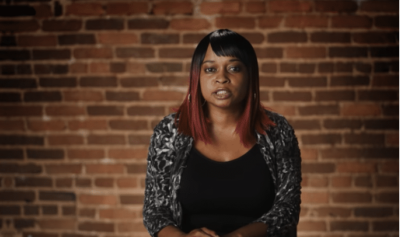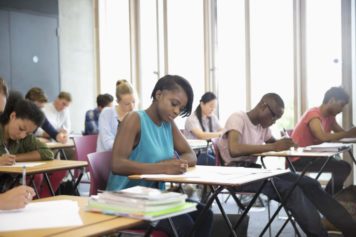A new report from the Brookings Institution shows Black students in the South are twice as likely to receive corporal punishment. According to data from the Office of Civil Rights, Department of Education, one in 100 Black Georgia students reported being struck by a teacher. However, one out of 200 white Georgia students reported the same. The data was compiled from the 2011-2012 school year.
The report also showed Black male students were more likely to receive physical punishment. According to the Brookings Institution, 42,000 Black male students reported being beaten, while only 15,000 Black female students reported receiving corporal punishment.
The research found this problem occurred in several states across the South. It was particularly bad in Mississippi, where Black students were 70 percent more likely to be beaten than white students. Black students were 40 percent more likely to be beaten than white students in Louisiana and Arkansas. Black students were also found to have a higher rates of physical punishment in Colorado, Ohio and California.
However, writer Dirk Startz said Black students are not just physically punished at a higher rate. They also have higher rates of suspension than white students. According to the Brookings Institution, 15 percent of Black students will be suspended in a given year and Black students are twice as likely to receive in-school suspension. Some Black parents have complained their children, especially boys, are being unfairly targeted by school administrators and have decided to educate them at home.
Vanessa Oden, a Black homeschooling parent from Northern California, told Los Angeles-based paper Our Weekly, about the “fourth-grade syndrome,” where some white female educators start fearing Black boys, when they hit adolescence and begin developing physically.
Startz said these high rates of suspension and physical punishment should be cause for concern. When children are out of school, they are not learning, and that doesn’t help anyone.
“Every time a child is beaten in school and every time one is suspended and thus loses learning time, something or someone has failed that child along the way, regardless of the ‘reason’ for the punishment,” he said. “So long as these failures fall disproportionately on black children, we are not yet living up to the dream that ‘children will one day live in a nation where they will not be judged by the color of their skin but by the content of their character.’ ”


